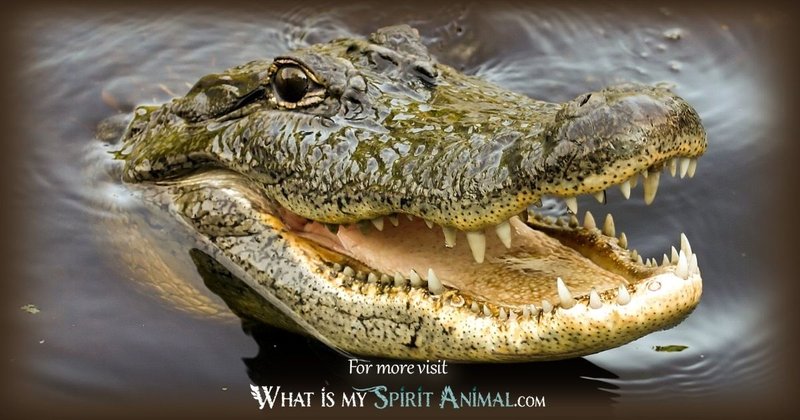
Imagine sitting by a riverbank, noticing how a crocodile lies quietly, watching its surroundings with keen eyes. This calm presence can remind us of the balance between strength and serenity in nature. Many cultures view the crocodile as a powerful guardian, a keeper of secrets, and even a representative of transformation. Let’s dive deeper into how these magnificent reptiles are embraced in cultural narratives and what they symbolize across the globe.
Crocodiles in Ancient Mythology
Crocodiles have a longstanding presence in various mythologies. For instance, in ancient Egypt, the crocodile was associated with the river god Sobek. This deity was believed to control the waters of the Nile, making it vital for agriculture and fertility. Sobek’s dual nature represented both the nurturing and destructive powers of the river. Worshipers often crafted crocodile sculptures and amulets, believing that these would invoke his protection and power.
Similarly, in Mesoamerican cultures, crocodiles appear prominently in folklore. The Maya revered the creature as a symbol of creation and fertility. They associated crocodiles with the underworld and the cycle of life and death, highlighting their role in the natural world. For these cultures, crocodiles carry deep spiritual significance, serving as reminders of the balance between life’s cycles.
Crocodiles as Symbols of Power and Strength
In many cultures, the crocodile is a representation of power and strength. Its imposing presence commands respect, and that’s why you’ll find it featured in various crests and coats of arms around the world. For example, in some African cultures, crocodiles are considered protectors of the land and are featured in tribal ceremonies, symbolizing warrior strength and bravery.
Some Indigenous tribes also view the crocodile as a metaphor for resilience. Just as these creatures thrive in harsh environments, communities around the world look to them as symbols of survival and adaptability. This connection emphasizes the importance of strength in overcoming life’s obstacles.
Symbolism of Transformation and Change
Crocodiles are fascinating because they undergo a transformation in their lifetime. They begin as tiny hatchlings and grow into powerful predators. This natural change ties into broader concepts of growth and change in many cultures. In Japanese tradition, crocodiles symbolize the process of personal transformation and rebirth, much like the way a caterpillar becomes a butterfly.
The act of shedding skin also resonates with the idea of rejuvenation. In various spiritual practices, the crocodile is viewed as a guide through life’s transitions, urging individuals to embrace change rather than fear it. By embracing their inherent transformative quality, people can find strength during personal upheavals.
Modern Interpretations of Crocodile Symbolism
In today’s world, crocodiles carry multifaceted meanings. Many environmental movements use the crocodile as a symbol for conservation efforts. It serves as a reminder that we must protect our ecosystems and the creatures that inhabit them. The crocodile’s resilience speaks to our ability to adapt to changing environments, making it an emblem of hope for conservationists.
Moreover, the crocodile has found its way into popular culture, often depicted in films and literature. Sometimes portrayed as fierce villains or misunderstood creatures, these portrayals can spark conversations about fear, misunderstanding, and even compassion. The representation of crocodiles in media reflects society’s evolving views on nature—encouraging discussions about coexistence and respect for wildlife.
Crocodiles in Art and Literature
You’ll find crocodiles making appearances in various forms of art and literature throughout history. Artists have long used these reptiles as subjects, captivating audiences with their majestic forms. Whether in paintings, sculptures, or carvings, crocodiles symbolize primal instincts and raw power, often evoking fascination and fear.
In literature, crocodiles often serve as symbols of treachery or danger. Take fables or fairy tales, where these creatures often represent challenges that characters must overcome. This interplay of danger with the potential for growth mirrors real-life experiences, where individuals navigate tough situations, emerging stronger on the other side.
Crocodiles embody a rich tapestry of meanings across cultures and eras. They are not just fierce predators; they also symbolize strength, resilience, transformation, and deep cultural heritage. From ancient mythologies to modern art, the significance of crocodiles continues to evolve, captivating the imaginations of people worldwide.
Understanding the importance of the crocodile in culture and symbolism allows us to appreciate the deeper connections we have with nature and the world around us. So, the next time you see a crocodile—whether in a documentary or art piece—remember the powerful stories and meanings it carries with it. Embrace the idea that even the mightiest creatures have lessons to teach us about life, change, and resilience.

